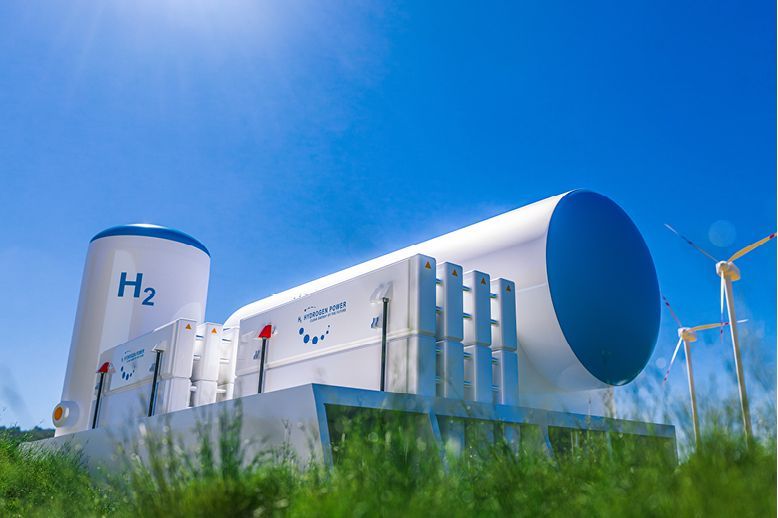
- AUD 50 million and EUR 40 million have been allocated for grants to four projects under the HYGATE initiative
- The names of the projects are ScaleH2, High-efficiency ‘Capillary-fed’ Electrolyser Pilot Project, Edify Green Hydrogen Project and Solar Methanol.
AUD 50 million and EUR 40 million have been allocated for grants to four projects under the German-Australian Hydrogen Innovation and Technology Incubator Initiative, also known as HYGATE.
Last March, a funding round of AUD 50 million and EUR 50 million was opened by Australia and Germany when an agreement was struck between the two countries. Both nations decided to strengthen bilateral cooperation on the development of hydrogen technology.
The names of the projects are ScaleH2, High-efficiency ‘Capillary-fed’ Electrolyser Pilot Project, Edify Green Hydrogen Project and Solar Methanol.
During an announcement made on Friday about the success of the HYGATE projects, the Minister of Climate Change and Energy for Australia, Chris Bowen, and Bettina Stark-Watzinger, Germany’s Minister for Education and Research, also released a joint summary report on the German-Australian Hydrogen Feasibility Study (HySupply) showing that a green hydrogen supply chain between Australia and Germany “is both feasible and highly desirable,” according to the announcement by Chris Bowen.
The HyGATE initiative is managed by the Australian Renewable Energy Agency (ARENA) on the Australian side and Projekttraeger Juelich (PtJ) on the German side.
Edify Energy, the Australian solar and battery storage developer, will use a 17.5 MW Siemens Energy Electrolyser and a 21 MW integrated solar and battery energy storage system for its Green Hydrogen Project (EGH2). The EGH2 project will produce hydrogen for local consumption in northern Queensland, representing the first stage of a proposed 1 GW green hydrogen plant. The plant is set to export hydrogen through the Port of Townsville.
The Solar Methanol project, which is led in Australia by Vast Solar, a specialist in concentrated solar power (CSP), will develop a methanol production plant using renewable energy. It will include a 10-MW electrolyser producing green hydrogen for solar methanol production. The project aims to supply fuel to the shipping and aviation industries.
The Hysata project will support the company’s electrolyser technology which operates at higher efficiency than incumbent technologies and offers a simple approach to mass manufacturing.
The ScaleH2 project will perform a feasibility study into deploying a 1-GW electrolyser and 800 ktpa ammonia facility in the Illawarra region in New South Wales.